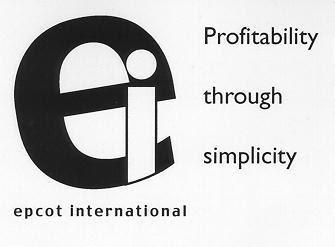In the last five weeks, we have seen the global generic pharmaceutical playing field change with the acquisition of Ranbaxy and Barr.
Until recently, the blockbuster model has worked for the ethical pharmaceutical companies, but with about $80 billion of ethical drug patents expiring in the next four years and with not much in the pipeline of major pharmaceuticals their business model needs a re-look.
Major pharmaceuticals need to consider a strategy that would allow them to develop new drugs and also serve a large market that needs low cost drugs whether they are patented or otherwise. It could be the last opportunity for the majors to get in the generic business (similar to Novartis).
Recently Merck US took a bold step in this direction without declaring a shift in its blockbuster model (Merck’s low-priced diabetes drug might change a few rules). If they are successful, it would have other majors consider similar options. Acquisition and assimilation of the generics could be an option also.
In order for Merck to have success in selling their patented drugs at a lower price and maintain their profit margins, they will need to lower their API manufacturing and formulation costs. This will require a complete overhaul of their manufacturing technologies i.e. moving from “quality by analysis” to “quality by design.” Depending on Merck’s success, other companies could follow the lead. This would be a giant leap for the pharmaceutical companies from their current manufacturing practices.
